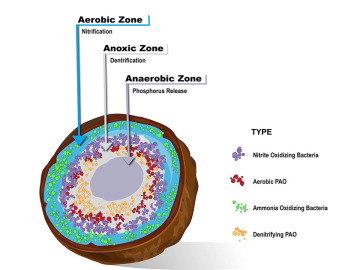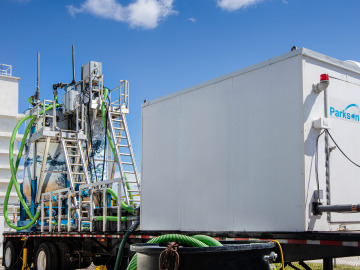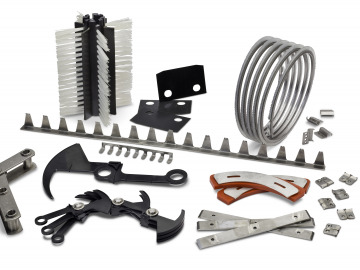Parkson Chosen for Sustainable Solar Drying System in Dubai
FORT LAUDERDALE, FL - Dubai has selected Parkson to build a sustainable solar sludge drying system that relies on machine automation and freely available solar power to cut treatment costs for the Persian Gulf city.
With construction set to begin soon, the new system will be fully automated to deliver sludge to the drying unit, where it will be fully processed and dried with almost no intervention from plant staff. Parkson’s design for the automated system reflects a close understanding of the client’s desire to find a simple solution that minimizes labor and chemical costs.
“We set out to build a system that could serve a large city like Dubai, but do so without creating new burdens for the operator,” said Alexander Kraemer, product manager for Parkson’s Thermo-System®. “In Dubai, we also have dry and hot conditions that make our design a very sensible one compared to other drying systems.”
The new construction helps Dubai transition away from a process that relied on applying chemical additions in response to mounting complaints over odor problems from nearby residential communities. By switching to an OpenBed™ solar dryer process, operators are eliminating the current odor problems, which will save approximately $45,000 per year in chemical costs. At the same time, evaporation of water in the OpenBed™ system will slash the volume of solids, reducing 80% of the treatment plant’s hauling and tipping fee.
Designed in two stages, the open-air drying system will process 140,000 metric tons of sludge per year, making it the largest solar sludge drying system in the world once completed. Thanks to the free drying power of the sun, the OpenBed™ solar dryer system will reduce the thermal carbon footprint by 100% and only consume about half the electrical energy that would be required for a comparable thermal drying system.
The first stage of the project will consist of 16 drying beds and a conveyor system which automatically delivers sludge after it has passed through dewatering. With this fully automated system, sludge is then distributed on the drying bed where a tiller system processes the sludge until it reaches 90% dryness. It is only at this final stage that plant employees become involved to haul away the dried material.
“The simplicity of this Parkson Thermo-System® design is what really drew a lot of attention from the operator,” said Kraemer. “The system can operate continuously by itself, and staff will no longer have to worry about problems from odor-control or sludge drying.”



